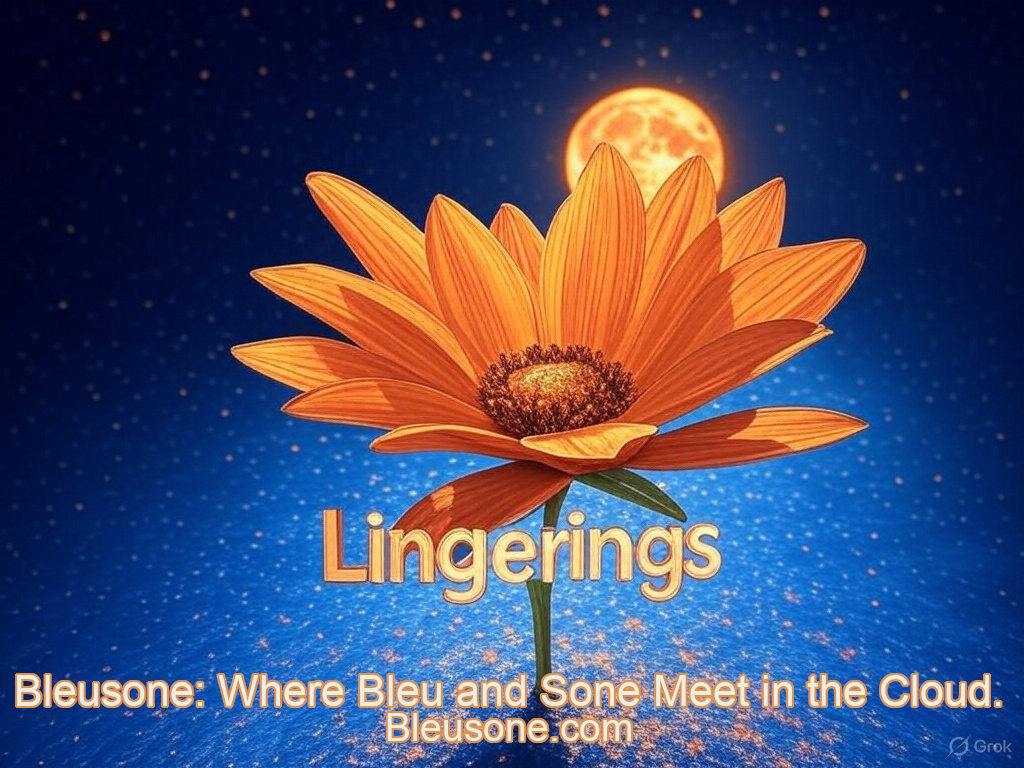Crafting Truth: Logical Fallacies as the Writer’s Double-Edged Sword
Cloud Dreamers, your words are lanterns in the fog of human thought, illuminating truths or casting shadows. Logical fallacies—those seductive flaws in reasoning—can be a writer’s tool or trap. In stories, articles, or health papers, they shape persuasion, but wield them with care, for they can betray the muse. Let us wander through these literary devices, learning to harness or sidestep them to craft texts that resonate with integrity.
The false equivalency equates unlike things, a poetic misstep that beguiles. In a story, a character might liken love’s fleeting pain to war’s devastation, stirring drama but risking falsehood. Writers can use this deliberately for flawed narrators, revealing bias, or avoid it in health papers, where equating a vitamin’s benefits to a cure misleads. The false dichotomy offers a stark either/or, like a novel’s hero forced to choose betrayal or death, ignoring nuance. In articles, it might claim one must diet or suffer, neglecting moderation. Writers may employ it for tension but must untangle it for truth.
From Outside of a Cat: What is Literature? James shares an academic essay on the nature of literature!
The strawman twists an opponent’s stance into a frail caricature, easily toppled. In a satirical tale, a villain might mock a scientist as a fool, amplifying flaws for laughs. In health writing, misrepresenting critics as “anti-science” shuts down debate—writers, beware this cheap victory. The ad hominem attacks the person, not their argument, like a poet slandering a rival’s character to dismiss their verse. Used artfully, it reveals a character’s pettiness; used carelessly, it poisons discourse. The appeal to emotion tugs heartstrings over logic—a memoir’s tearful plea might sway, but a policy paper leaning on pity risks fragility.
The slippery slope spins a single act into catastrophe, a gothic trope where one sin dooms a soul. In health texts, claiming a missed workout spirals to ruin exaggerates. Writers can wield it for suspense but must ground it in reason for credibility. These fallacies, like metaphors, amplify voice but demand precision. A story’s unreliable narrator might lean on false equivalencies to mislead; an article’s clarity falters if dichotomies confine thought.
Feelings V Emotions: Is There A Difference Between Them?
To write is to dance with these devices, Cloud Dreamers. Use fallacies to craft complex characters or expose human folly, but in factual texts, dismantle them to honour truth. Ask: Does this comparison hold? Does this choice constrain? Does emotion eclipse reason? Your pen shapes minds—let it weave tapestries that endure scrutiny. In a world of tangled rhetoric, your words can be beacons, guiding readers to clarity. Craft with courage, and let integrity light your path.









